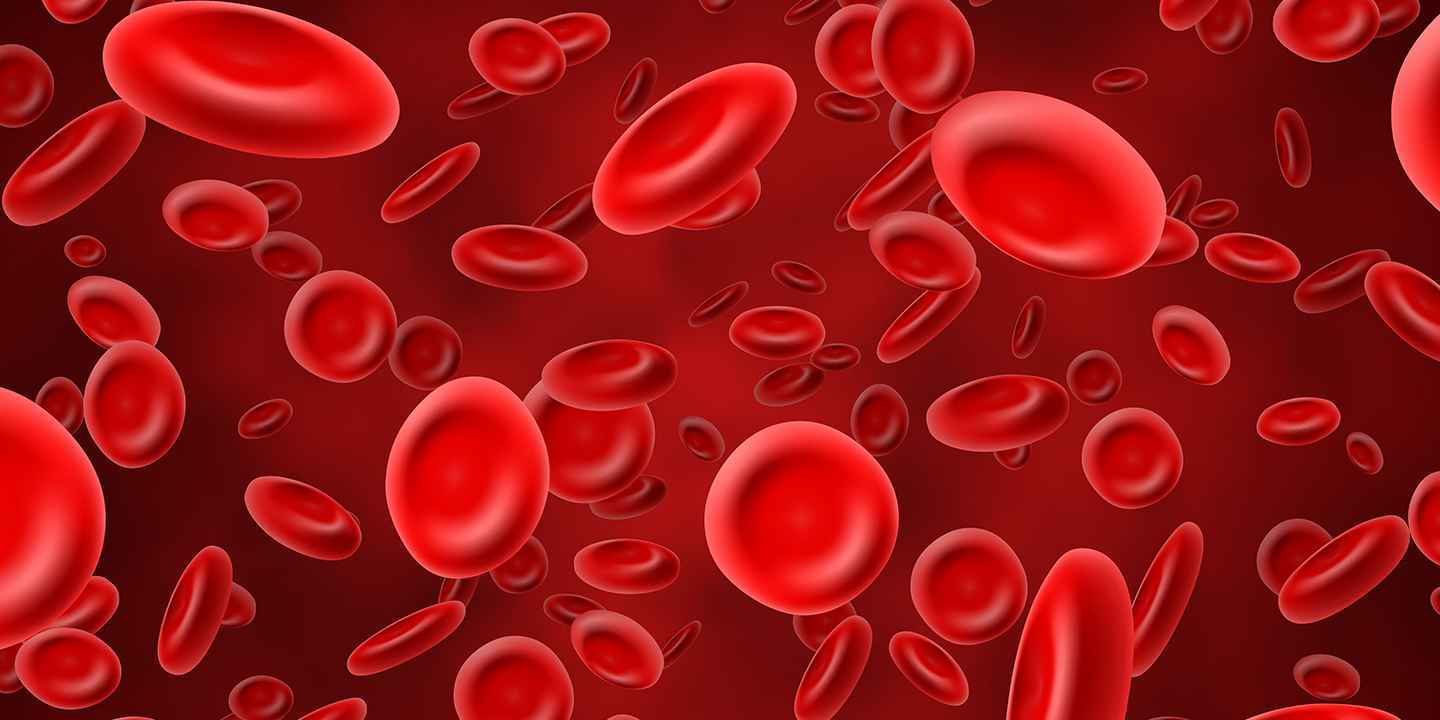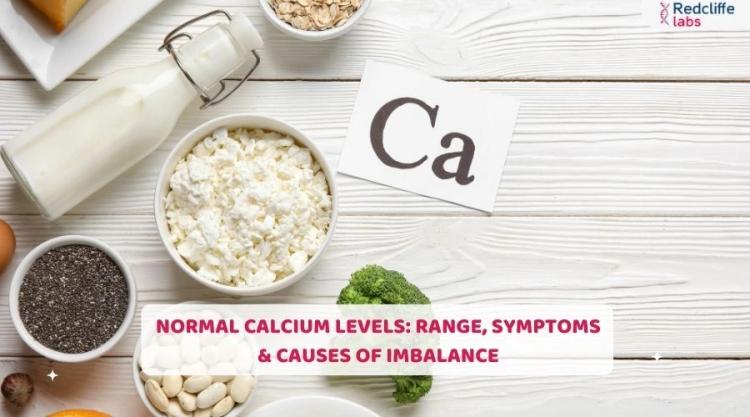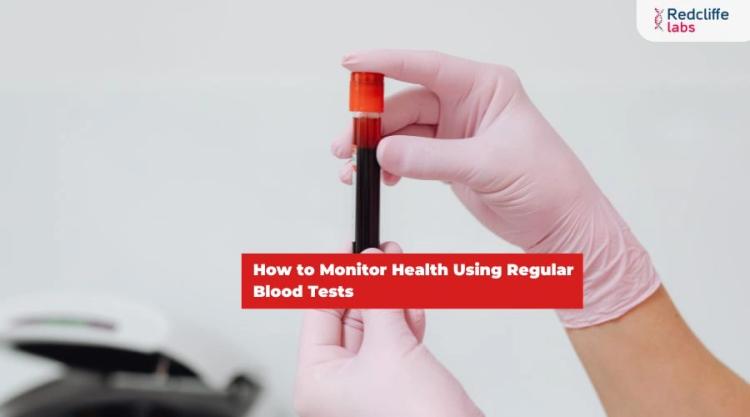MCV Blood Test: Normal Range & Other Details

Medically Reviewed By
Dr Divya Rohra
Written By Prekshi Garg
on Aug 29, 2022
Last Edit Made By Prekshi Garg
on Feb 12, 2025

The measurement of the average size of the red blood cell is known as mean corpuscular volume, that is, MCV. The MCV meaning in blood tests is mean corpuscular volume. The MCV levels in a blood are tested and determined when your doctor suspects that you are suffering from anaemia. The cases of anaemia have highly increased in India affecting approximately 58.6% children, 50.4% pregnant women, and 53.2% non-pregnant women in 2016. With the cases of anaemia increasing at such a high range, it is important that we are all aware of anaemic and its diagnostic parameter, MCV. in this article, let us explore what MCV is, formula for its measurement, normal range of MCV, high and low levels of MCV, and the complications associated with it.

When is the MCV blood test done?
MCV blood test is generally a part of the complete blood count (CBC) that measures the value of different blood components. MCV test is often prescribed by a doctor for the diagnosis and monitoring of certain blood disorders like anaemia, abnormal platelet, or white blood cell count. The test is often used to identify the type of your anaemia as well. If you have any chronic condition that may lead to anaemia then also the MCV blood test is recommended. Some of the symptoms that might end your doctor recommending the MCV blood test include:
- Weakness
- Shortness of breath
- Fatigue
- Dizziness
- Headache
- Arrhythmia
How is MCV level in blood measured?
The MCV levels in a blood sample can be measured using an analyzer or calculated with a formula given below:
MCV = hematocrit (amount of red blood cells in percentage) X 10 / RBC count (in million/ mm3 blood)
What is a normal MCV blood level?
The normal MCV levels in your blood sample may vary depending upon your age, gender, and the protocol of testing used in the diagnostic lab. However, the MCV blood test normal range generally lies in the range of 80 - 100 femtoliters (fl).
| S.No. | Age | Gender | MCV Blood Level |
| 1. | Children (6 - 12 years) | Males | 86 fl |
| Females | 86 fl | ||
| 2. | 12 - 18 years | Males | 88 fl |
| Females | 90 fl | ||
| 3. | Adults (> 18 years) | Males | 90 fl |
| Females | 90 fl |
What is meant by low MCV levels?
MCV low (mean corpuscular volume low) means that your blood sample does not contain MCV levels in the adequate amount. The presence of low MCV in the blood, that is, levels less than 80 fl, is known as microcytosis. This condition is known as microcytic anaemia. The various interpretations that can be drawn from MCV blood test low count include thalassemia, iron deficiency, anaemia, sideroblastic anaemia, lead poisoning, spherocytosis, and HgC and other haemoglobin hybrids.
Microcytic anaemia
Microcytic anaemia refers to low MCV levels and is characterised by a smaller size of red blood cells. The main cause of microcytic anaemia is iron deficiency, an unhealthy diet, and intake of certain medicines.
Thalassemia
In this condition, enough haemoglobin is not made in your body. It is a genetic disorder, therefore, inherited from an infected parent to the child. Mild thalassemia might be asymptomatic, however, red blood cell transfusion may be required in case of severe thalassemia.
Iron deficiency
Iron deficiency is one of the main causes that lead to reduced MCV levels in your blood. Iron deficiency can occur due to a variety of reasons like blood loss, inadequate diet, reduced iron absorption, and pregnancy.
- Blood loss: Excessive loss of blood from your body can cause iron deficiency. Bleeding from the gastrointestinal tract caused due to colon cancer or the intake of nonsteroidal anti-inflammatory drugs (NSAIDs). Females who have a heavy menstrual cycle also lose a lot of iron through the blood.
- Reduced iron absorption: The absorption of iron may reduce in your body due to Crohn’s disease, ulcerative colitis, infection of Helicobacter pylori, and weight loss surgery.
- Diet: Having an unhealthy diet or a diet that lacks iron-rich sources also makes you prone to iron deficiency. This generally happens in people who are vegetarians or omnivores. If you have inadequate iron in your diet, you may require supplements to fulfil your daily requirement of iron.
- Pregnancy: During pregnancy, your body needs more iron to support the development of the growing foetus. Therefore, at this stage, you may need iron supplements to fulfil the need.
What is meant by high MCV levels?
High MCV levels (mean corpuscular volume high) in your blood sample indicate that the RBCs are larger than their usual size. This is termed macrocytic anaemia. It generally happens in people who have MCV levels above 100 fl. MCV levels are generally elevated in older people, that is, around 30% of the elderly will have increased MCV levels without any underlying cause. The MCV blood test high levels are generally due to the deficiency of vitamin B12 (cobalamin) and B9 (folate). There are various causes that can lead to the deficiency of vitamin B12.
- Diet: Generally, you will have a vitamin B12 deficiency if you take a vegetarian diet. This is because vitamin B12 is usually present in animal sources. Therefore, people who do not eat animal sources must include vitamin B12 supplements of vitamin B12 fortified food in their diet.
- Autoimmune gastritis: In this condition, the parietal cells of your stomach are affected. These cells are responsible for the synthesis of intrinsic factors which plays an important role in getting vitamin B12 into the bloodstream via the small intestine. Vitamin B12 deficiency caused due to autoimmune gastritis is managed through injections or iron infusions.
- Some other general factors that can lead to vitamin B12 and vitamin B9 deficiency include consumption of excessive alcohol, breastfeeding, Crohn’s disease, tapeworm, and medicines used during the treatment of cancer.
Takeaway
MCV levels in a blood test are an important parameter evaluated in a complete blood count (CBC) test to evaluate your health. It is very important to get the blood tests done timely. High and low MCV blood tests may indicate an underlying health condition. Timely diagnosis and treatment of the MCV levels is important in order to prevent future complications. Now that you know the MCV blood test, its normal range, high and low levels of MCV in blood test, you will better be able to analyse your blood report.
Frequently Asked Questions (FAQs)
-
What does it mean if MCV is high?
If the MCV levels in your blood are high, it indicates macrocytic anaemia caused generally due to the deficiency of vitamin B12 and B9.
-
What does it mean to have low MCV?
Low MCV levels in your blood test indicate a condition known as microcytic anaemia and iron deficiency.
-
How can I increase my MCV naturally?
Taking an iron rich diet or iron supplements can help in increasing the level of MCV in blood naturally.



